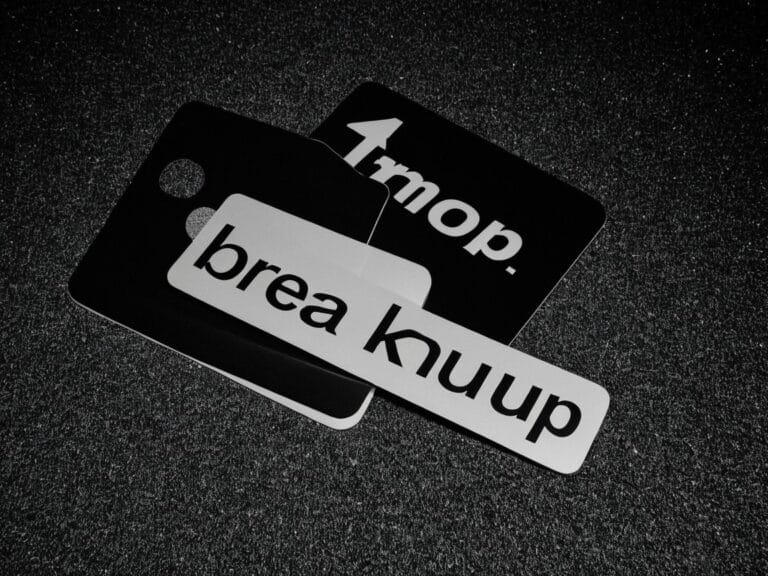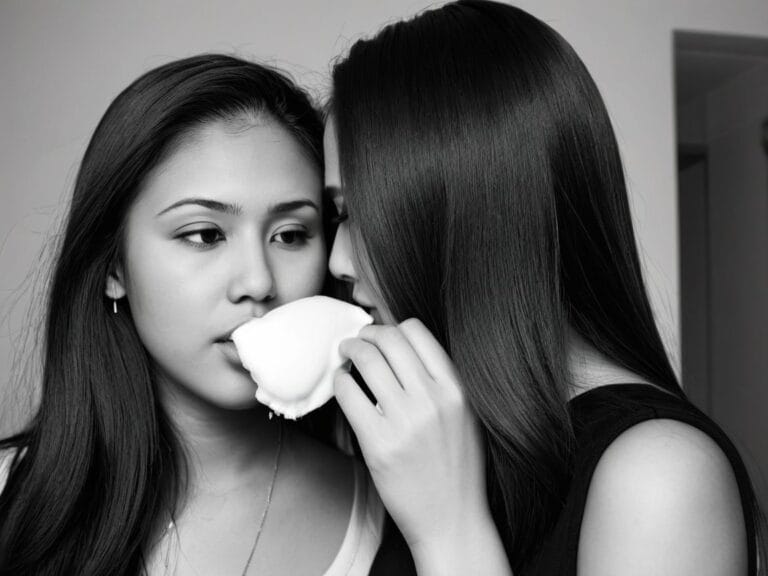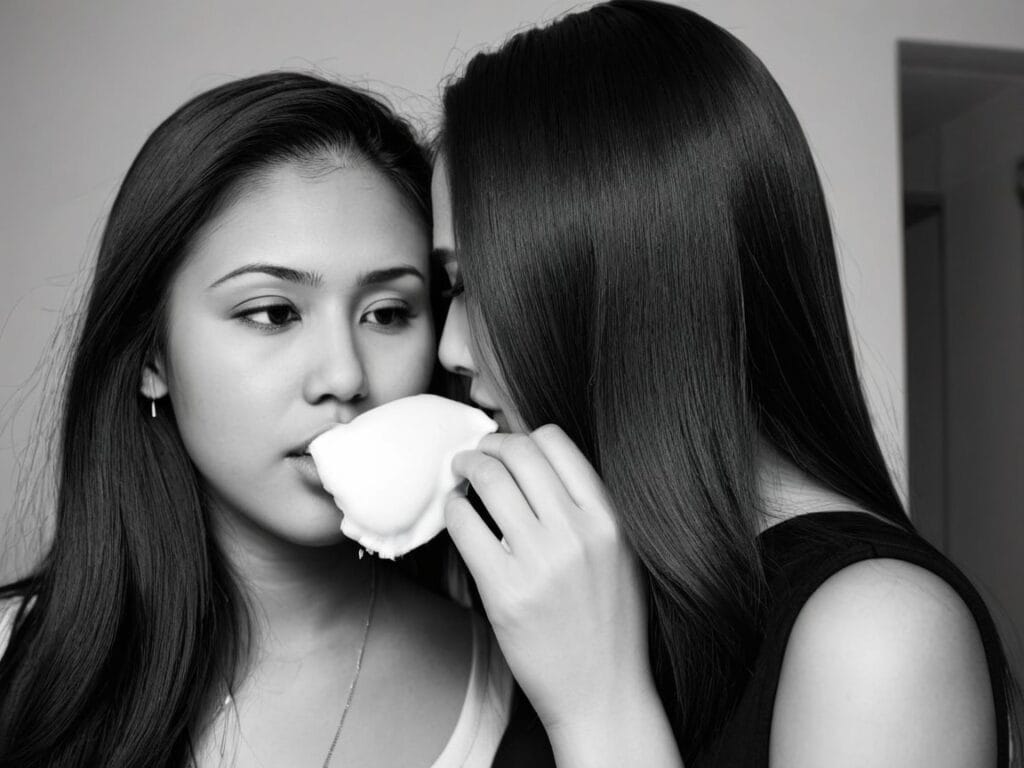
Intro
Picture this: you and your companion are cruising the seas of affection, but suddenly a hurricane brews, and the calm waters flip turbulent. Anger issues start to creep in, threatening to capsize your relationship.
But worry now not, for with the proper gear and strategies, you can climate the storm and emerge more potent than ever. In this blog post, we can discover how to navigate the choppy waters of coping with anger issues in relationships.
Recognising the Red Flags Before the Storm
Ahoy! Navigating the seas of love is not any small feat, specifically while hidden icebergs of anger threaten to puncture your romantic voyage. Spotting those icy threats early on is your first line of defence. So, what are those telltale symptoms that an emotional tempest is probably brewing?
If your associate’s fuse appears shorter than a catnap, or in case your debates quickly escalate from a light drizzle to a thunderstorm, you’re possibly sailing into choppy waters,
It’s not pretty much the occasional typhoon cloud on the horizon, it is the sample of rapidly changing weather to your relationship it is regarding. Frequent and intense arguments are a classic pink flag, flapping vigorously inside the wind.
Pay attention to the way you each get over those squalls – is there a genuine effort to restore and apprehend, or do you discover yourselves stuck in a loop, rehashing the identical grievances with none resolution?
Another sign to look at is the verbal exchange blackout. When communications receives change with the silent remedy or passive-competitive jabs, it is a signal that your dating’s communique compass might be malfunctioning.
This isn’t always just about avoiding the occasional storm; it’s about making sure your ship’s communication strains are open and purposeful, allowing you to navigate via any tempest collectively.
Recognising those crimson flags isn’t approximately playing the blame game or pointing palms. It’s about Identifying the early caution signs that, if addressed directly and correctly, can prevent minor squabbles from escalating into complete-blown hurricanes.
So, hold your spyglass polished and your senses sharp. Spotting those signs early could imply the distinction between cruising smoothly into the sundown and leaving behind delivery.
Communication: The Compass to Navigate Troubled Waters
Ahoy there! Think of communication in your relationship ship as the compass that anger you through the tumultuous seas of love. Without it, you’re simply two sailors lost at sea, probably heading for a shipwreck. Engaging in effective communications isn’t always just about chit-chat over a cup of tea, it is the
Lifeline that maintains your relationship afloat amidst stormy climate.
First off, sharpen your energetic listening skills. This is not the time for mindless nodding or making plans your
Next counter-assault whilst your partner is pouring their heart out. Truly pay attention, with eyes and ears extensive
Open, to apprehend the essence of their phrases. It’s like interpreting a treasure map in which X marks the spot of deeper of your relationship
Next, master the artwork of expressing your mind without putting off cannons. Speak your facts, however lace your words with respect and kindness. Remember, harsh words may be like sword slashes on the sail of your courting – hard to fix and leaving lasting scars.
And permit me not to forget about the golden rule of embracing remarks with open hands. Feedback is the compass needle pointing to the regions needing attention and care. Approach it as a treasure chest of insights, no longer as a volley of cannonballs aimed to sink your spirits.
Implementing these strategies guarantees your relationship’s communication strains aren’t just open but Thriving. By remodelling your communication game, you place sail towards uncharted territories of Mutual understanding and admiration, leaving the bothered waters far in the back of. So, hoist the sails of.
Powerful communication and watch as your relationship
navigates closer to a brighter horizon collectively
The Art of the Timeout: Knowing When to Dock the Boat
Ah, the artwork of the timeout, a crucial manoeuvre when the waters of your relationship start resembling extra of a whirlpool than a serene lake.
It’s corresponding to recognizing a typhoon at the horizon and accurately determining to dock your boat, allowing the tempest to bypass. This strategy pause is not about abandoning delivery or giving the silent treatment; it is approximately granting yourselves a moment of peace to calm the typhoon within.
Imagine, if you will, a heated trade escalating faster than a squall. Words, like waves, crash round without course. This is your cue to hoist the white flag not in give up, but in a savvy method. Propose a timeout with the finesse of a pro captain, making it clear this is a pit forestall for mirrored image, no longer retreat.
During this timeout, it’s critical to anchor yourself. Reflect on the coronary heart of the matter, your emotions, and why the crow’s nest of your relationship was swaying so fiercely. Use this hiatus to clear the fog, not to plot your next broadside assault. Remember, the aim is to go back to calm waters, wherein you can navigate the difficulty with a cooler head and a steadier hand.
Think of it as pressing pause on a tempestuous sea shanty, handiest to renew with a greater harmonious music. By getting to know the artwork of the timeout, you and your accomplice may be able to weather the fiercest of storms, guiding your courting toward greater tranquil waters with grace and aplomb. And that, my fellow sea-faring relationship, is how you dock the boat with dignity and motive.
Embracing Empathy: Seeing Through Your Partner’s Spyglass
Dive into the ocean of empathy and watch how the tumultuous waves of anger begin to settle. Imagine, if you’ll, wearing your relationship spyglass, peering through it, and seeing the world from their deck. It’s a bit like being a pirate in search of treasure, besides the treasure here is understanding and connection, not gold.
By getting into your accomplice’s boots, you begin to hold close the why in the back of their storms. Perhaps their sails are torn through words unsaid, or their compass is spinning from anger conflict. Empathy allows you to navigate these waters with a kinder coronary heart and more open thoughts.
It’s not about agreeing with relationships or condoning the mutiny of emotions. No, It’s about
Acknowledging that relationship are as valid because of the North Star inside the nighttime sky. You may discover that
Their attitude is not so different from your personal, simply considered from any other conflicts resolution.
So, subsequent times you discover yourselves caught in a gale of feelings, don’t forget to switch spy glasses. You’ll
Be amazed at how the ocean calms down whilst you each view the horizon together. By displaying
Empathy, you’re now not just fending off the icebergs of struggle, you are charting a course to a deeper, greater
Information dating. All arms on deck for empathy, and allow the adventure to calmer waters
Start!
Constructive Conflict Resolution: Repairing the Hull
Ahoy, shipmates! Let’s dive immediately into the heart of the tempest-optimistic struggle resolution.
Picture this: you’re both seasoned sailors at the uneven seas of affection, and all of sudden, you hit a hurricane.
The winds howl, the waves crash, and you as soon as sturdy delivery springs a leak. It’s time to grab your gear
And get to work on repairing the hull, collectively..
First up, hoist the flag of lively listening. This isn’t always approximately nodding along at the same time as secretly plotting your
Next route, it is about absolutely listening to your first relation issues without conflict or jumping to resolution. Think of it as locating the proper spot to patch up the leak you need to realise precisely in which the hassle lies.
Next, wield the power of the pause. In the warmth of battle, it’s smooth to fireplace cannons at factor blank. But maintain fire! Take a breath, rely on ten, and consider you’re at the equal crew. It’s about dousing the flames, not fuelling them similarly.
The Art Of Self-control: Mastering your Inner Hulk
The way couples address anger can regularly make or spoil a relationship. Don’t settle for screaming matches and slamming doorways. Here, a therapist offers hints that will help you effectively communication anger on your relationship
Anger is a natural and ordinary human emotion that has a tendency to make its presence known in any relationship, even though it isn’t always addressed toward the man or woman at whom it’s far being expressed. Unfortunately, anger routinely rears its head in conversations with those we admire most, including our romantic partners.
But passion in a relationship shouldn’t suggest that feelings like anger are expressed in uncontrollable ways. Managing anger and managing your reaction to an indignant companion is a useful ability that may promote intimacy and adulthood in any romantic relationships
Anger may be a healthy emotion, however while it interferes together with your relationship and existence, you need to discover ways to manipulate it. Whether it’s knowing a way to control jealousy and anger in a relationship or it’s every other feeling that’s coming among you and your associate, getting your feelings below control is one of the healthiest things you may ever do.

















